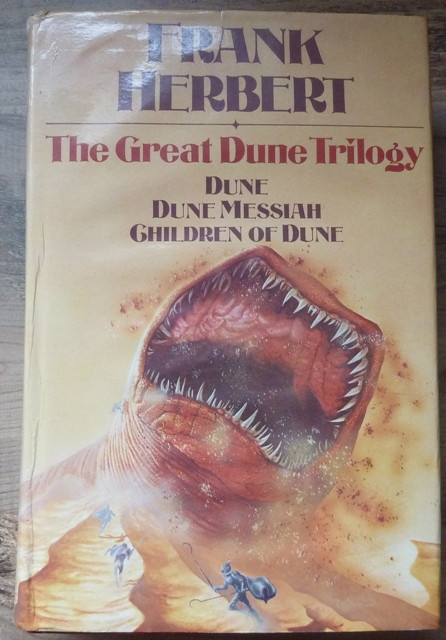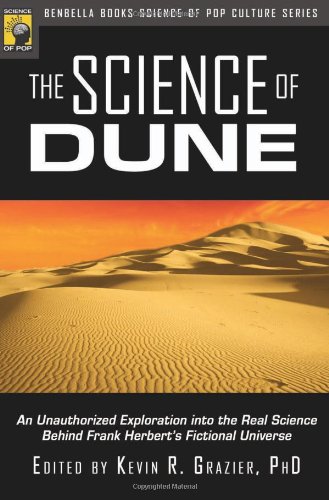

Though Dune won the Nebula and Hugo awards, the two most prestigious science fiction prizes, it was not an overnight commercial success. Kyle MacLachlan in director David Lynch’s film adaptation of Dune. During the period he wrote Dune, his wife Beverly Ann was the main bread-winner, her own writing career sidelined by a job producing advertising copy for department stores. Herbert was a quintessential product of the libertarian culture of the Pacific coast, self-reliant and distrustful of centralised authority, yet with a mile-wide streak of utopian futurism and a concomitant willingness to experiment. There (his only significant time living on the east coast) he attended the daily Army-McCarthy hearings, watching his distant relative senator Joseph McCarthy root out communism.

More recently he’d spent a weird interlude in Washington as a speechwriter for a Republican senator. He’d had a relatively easy war, serving eight months as a naval photographer before receiving a medical discharge. After a hard childhood in a small coastal community near Tacoma, Washington, where his pleasures had been fishing and messing about in boats, he’d worked for various regional newspapers in the Pacific northwest and sold short stories to magazines.

Above all he was intrigued by the idea that it might be possible to engineer an ecosystem, to green a hostile desert landscape.Ībout to turn 40, Herbert had been a working writer since the age of 19, and his fortunes had always been patchy. “These waves can be every bit as devastating as a tidal wave … they’ve even caused deaths,” he wrote in a pitch to his agent.

Herbert hired a Cessna light aircraft to survey the scene from the air. Pushed by strong winds off the Pacific, the dunes moved eastwards, burying everything in their path. Frank Herbert, a freelance writer with a feeling for ecology, was researching a magazine story about a US Department of Agriculture programme to stabilise the shifting sands by introducing European beach grass. I n 1959, if you were walking the sand dunes near Florence, Oregon, you might have encountered a burly, bearded extrovert, striding about in Ray-Ban Aviators and practical army surplus clothing.


 0 kommentar(er)
0 kommentar(er)
